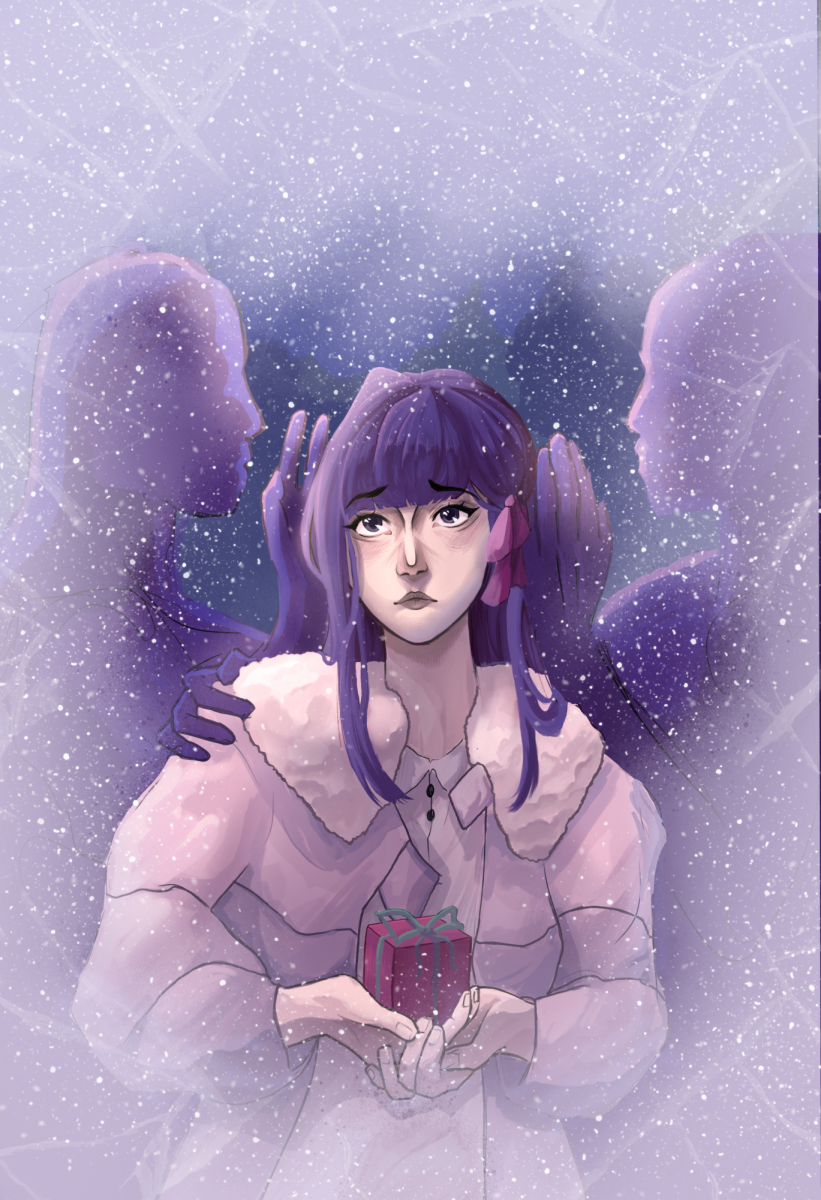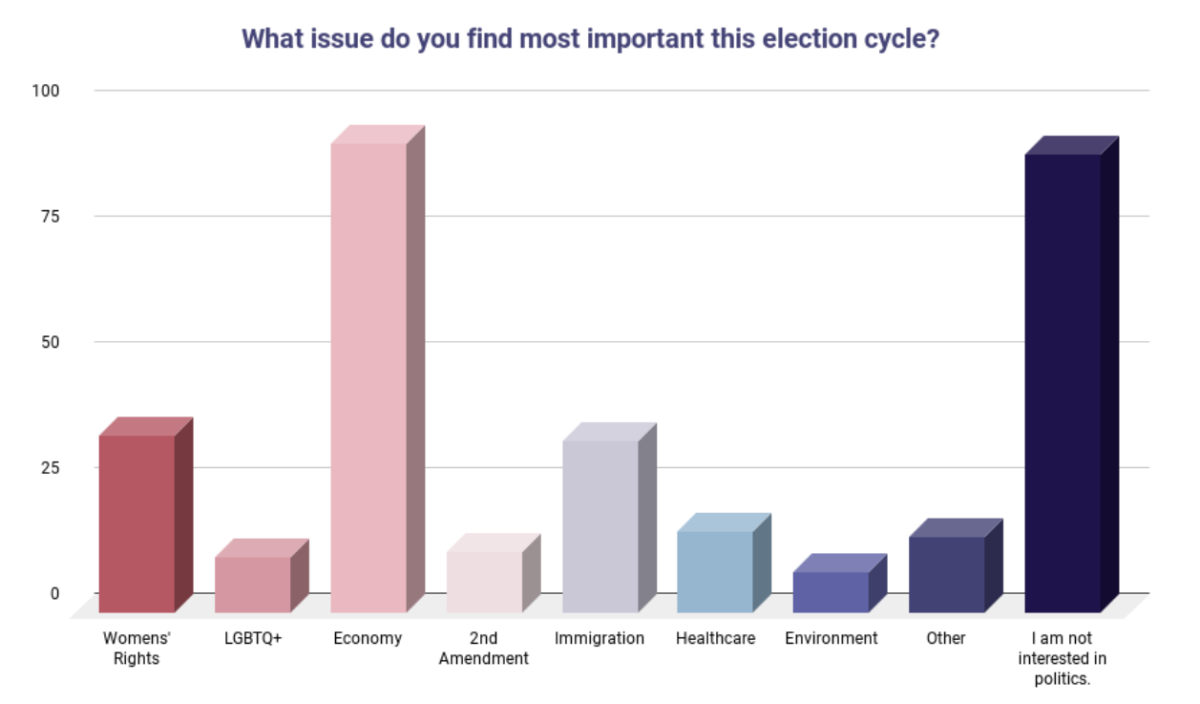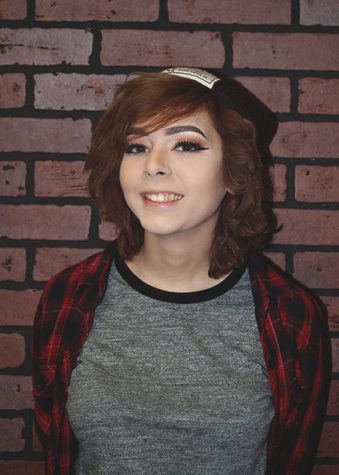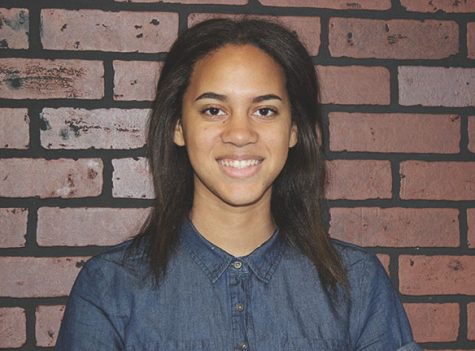Growing up in Flower Mound, Assistant Principal Dr. Erum Shahzad was a brown girl in a white town. While she didn’t see herself as being different, when she moved to Marcus her junior year she was given one nickname by her classmates. Camel jockey. Having lived in America since she was a baby, Shahzad said she didn’t even understand what the term meant until a friend explained that it was a racial slur for Middle Eastern people just like her.
“I really thought I was white,” Shahzad said. “I grew up in the United States. I didn’t think I had an accent. I mean, other than having to wear the scarf, there wasn’t anything else that I thought would make me look different.”
Instances of prejudice were rare in her early years. Even when she heard harsh comments being tossed around, Shahzad usually found herself blissfully unaware of what they meant. It wasn’t until the infamous date of Sep. 11, 2001 that everything changed.
• • •
Like many Americans, the memory of the day is one Shahzad says she’ll never forget. She was driving to work when she heard the breaking news on the radio. A plane had collided into the North Tower of the World Trade Center in New York. Someone must have missed their landing, Shahzad thought. It couldn’t have been intentional. But by the time she arrived at the school and turned on the news, a second plane had crashed through the South Tower. Shahzad and her students tried to comprehend the situation.
Soon after the attacks, out of fear for her safety, Shahzad’s neighbors stuck a American flag in the front yard of her family’s home.
Her neighbors explained that they were just trying to protect her. She was stunned. Until her community showed this kind of support, the reality hadn’t yet sunk in. When she found out the attacks were done by Muslim extremists, Shahzad was horrified. She was Muslim. Her family was Muslim. And everyone knew that.
“It was a fear of how we would be viewed and how our lives would be,” Shahzad said. “And you know, unfortunately some of that came true.”
Less than two months after the attacks, Shahzad learned the devastating news that her mother was put on life support. She immediately bought a plane ticket to Arizona to say her goodbyes. But after she arrived at the airport, Shahzad learned that the once simple act of catching a flight would be impossible. She underwent countless security checks and body screenings. Attempts to explain the reason behind her urgency were useless.
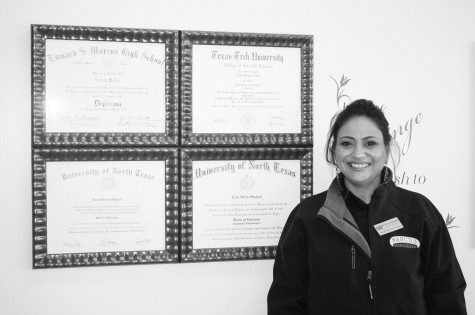
Assistant Principal Dr. Erum Shahzad proudly stands next to her four diplomas. In 2012, she achieved her Doctor of Education, Superintendency and Educational System Administration from UNT.
“The reality of it was no matter what I said, there was just no getting a flight out,” Shahzad said.
As she missed flight after flight, Shahzad eventually gave up and made the 15 hour drive to the Arizona hospital.
Even her own name became weighted with stigma. In 2010, a Muslim terrorist by the name of Faisal Shahzad attempted to set off a car bomb in Times Square. The car was parked on a crowded corner only four and a half miles from Ground Zero.
Before Sept. 11, she said she never questioned whether it was the name on her resume—not her credentials—that prevented her from getting a job.
Every time Shahzad learns of a mass killing she cringes, hoping the suspect doesn’t share a name like hers. She has often discussed with her family if they should change their identity to prevent discrimination.
“There are times where we talk about, would we be treated differently if we just paid our $75 to just get our names changed?” Shahzad said.
Fellow Assistant Principal Amy Boughton says that while most people can conceal their struggles at school and work, a situation such as the one Shahzad faces can’t be easily avoided.
“That just breaks my heart honestly,” Boughton said. “When your religion, and your last name and your identity is all wrapped up in outward appearance you can’t be in society and hide it.”
Shahzad tries to juggle her modern American upbringing with her traditional Pakistani background, and she has struggled to find a balance.
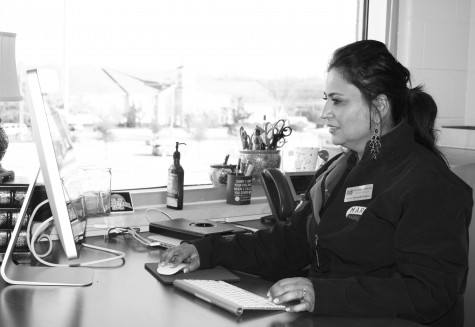
Dr. Shahzad works in the Freshman Center as an Assistant Principal. She was a biology teacher before entering administration.
“Because I don’t fit in their world,” Shahzad said. “They say I’m very Americanized, and then here, regardless of how Americanized I may be, I still look brown.”
• • •
According to Shahzad and Boughton, ignorance is the root of discrimination. Boughton says she’s disappointed with the amount of negative bias most media sources have on Muslims and worries people won’t examine all sides of the issue.
“If most Americans aren’t all that educated, which is what’s happening now, the media is everything,” Boughton said. “That becomes the hub of all information.”
And according to Shahzad, intolerance and ignorance thrive where education is lacking. In the case of Muslim extremists, she says it’s been rampant because they have been brainwashed their whole lives about how the Qur’an should be interpreted.
“They’re not going to be able to get out of this vicious cycle because no one’s there to teach them,” Shahzad said.
She is concerned about anti-Muslim violence, even when she goes to worship.
“There are times where I’ve gone to the mosque and gone, ‘I don’t know if this is a good place to be right now,’” Shahzad said.
And even if she is Muslim, Shahzad knows that because she is American she is still a target for terrorism. Of the thousands of innocents who died on 9/11, dozens were Muslim. Because for these extremist it’s not about faith, Shahzad said, it’s about proving a point.
“And the reality is, terrorists kill everyone,” Shahzad said. “They kill the innocent and I am one of the innocent.”






